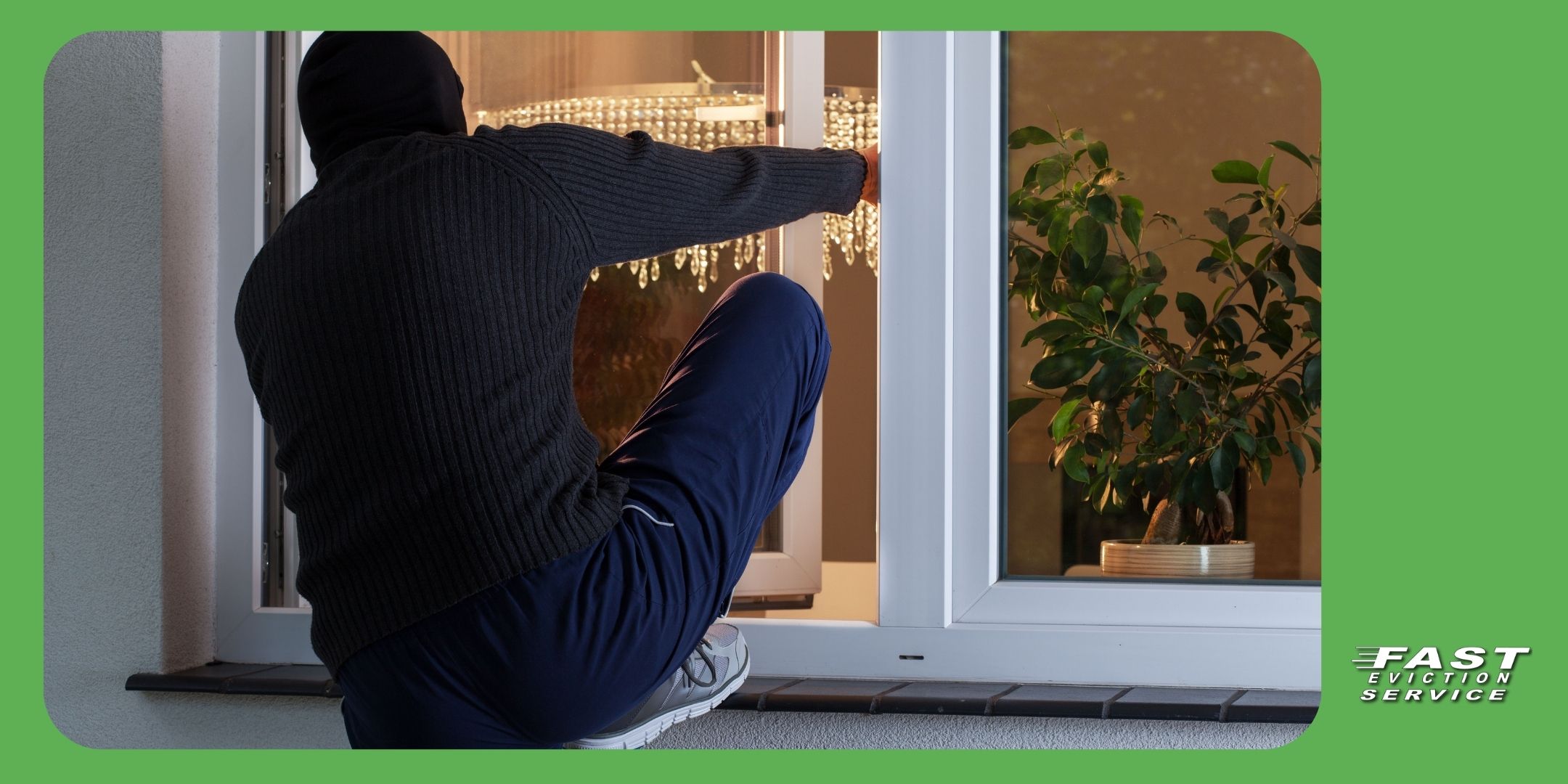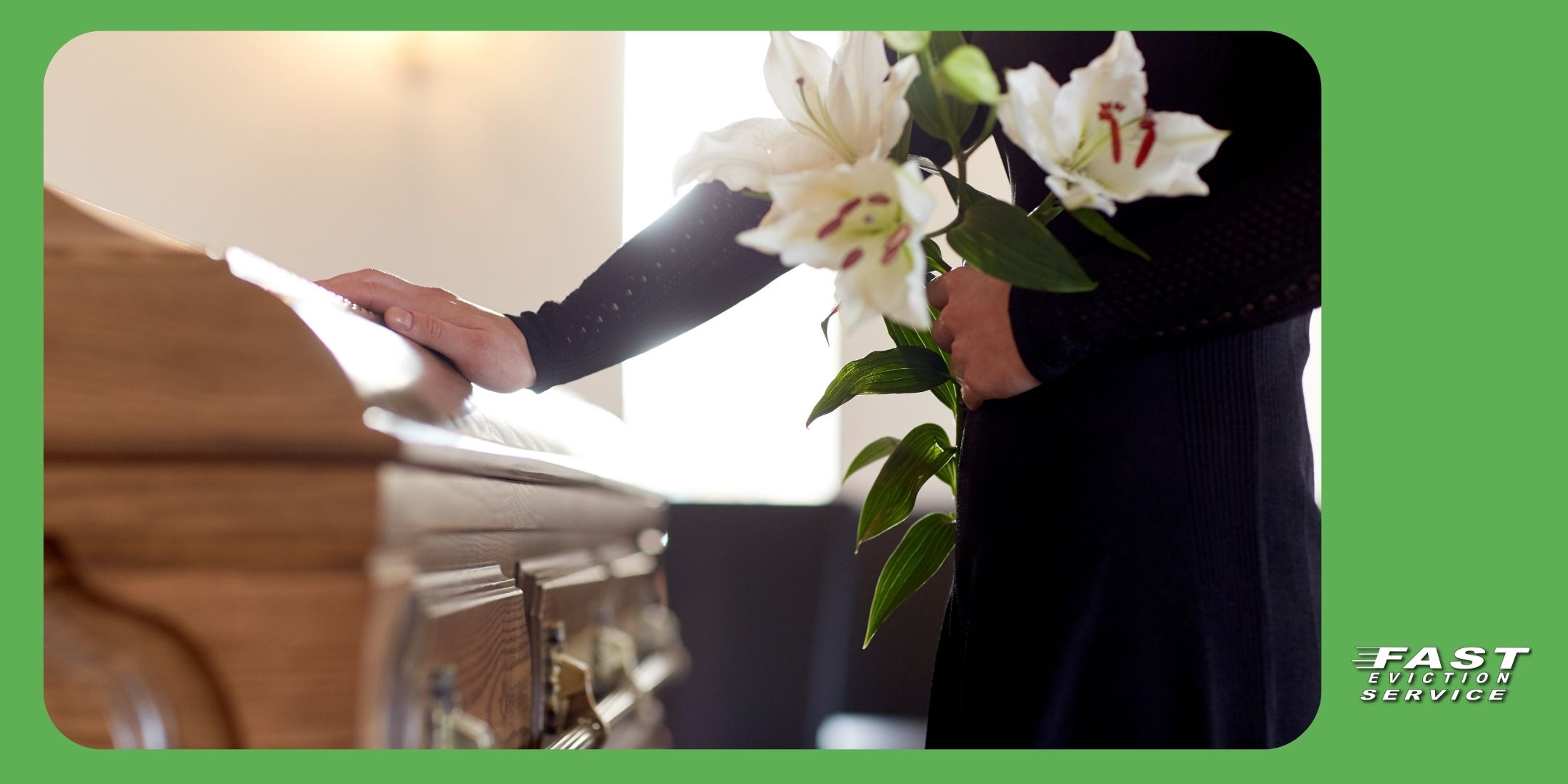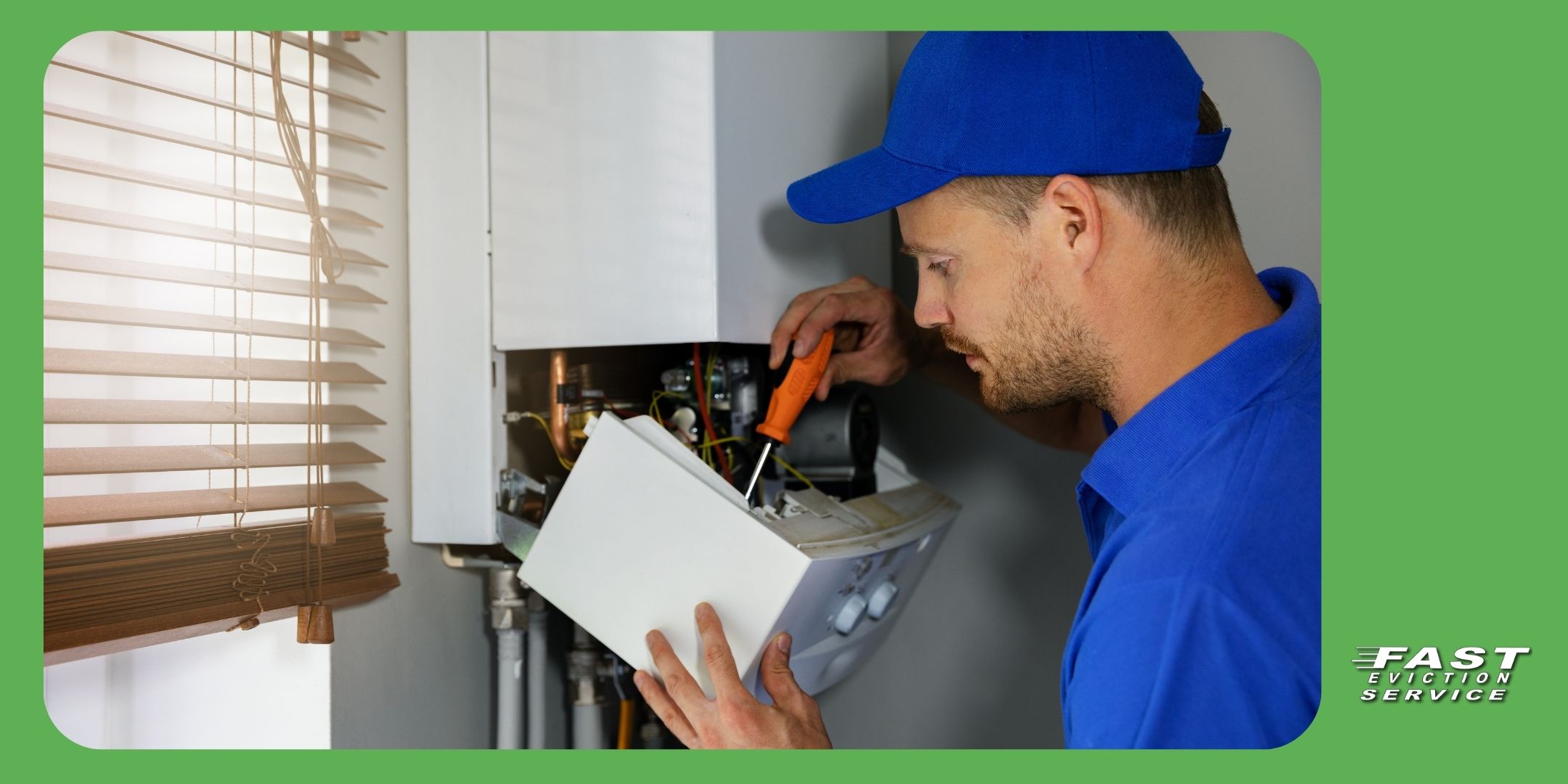Updated 12/09/24
There comes a time when it’s time for young people (sometimes even older) to spread their wings and get out into the real world and look for their first apartment or home to rent. I’m going to flip the switch a little bit on this blog post in hopes of reaching those first time renters or renters with little to no experience in hopes of helping them harness that fine line between what landlords and what tenants should be responsible for during their tenancy.

If you’re a seasoned landlord I can guarantee you have heard and seen it all, or so you think. This list of tenant responsibilities can also help newer landlords to make sure more seasoned renters don’t take advantage of you when it comes to things tenants should be taking care of. Another quick tip I could give you is it use this list to create your own list or pamphlet to hand your new tenants so that there is no “gray” area as to what everyone is responsible for. So, without any more delay, let’s get into the list of what your landlord wished you knew you were responsible for, tenant.
Landlords are not responsible for replacing consumables
So what constitutes as a consumable? Consumables are items considered to wear out or “die” eventually over their normal everyday use. According to many landlords, the number 1 consumable tenants and landlords argue over are light bulbs. You are responsible for replacing light bulbs, tenant.
Although this may not be the most common misunderstanding, in my opinion it is one of the most important and this is the batteries in the smoke detectors. It is far too easy for lazy tenants to reach up and grab the batteries out to power their electric shaver or remote control. An easy way to deter this from happening is to have frequent inspections to check smoke alarms and other common issues like pest problems and mold.
Another common misconception is HVAC filters. Under normal usage, many recommend to change out the HVAC filters every 6 months. While it is normal for the landlord to provide the filters, it is not normal for the landlord to head over to your rental unit and actually replace it for you.
Some other consumables that the tenant should be responsible for is making sure the toilet flapper is working properly and weather stripping on doors and windows.
Clogged Toilets
A clogged toilet is another common issue tenants frequently call their landlord for. Tenants need to understand that if a landlord heads over to your apartment and pull out a Barbie doll head that your child tried to flush down the toilet, you will be receiving a bill.
Most landlords are not closed minded however and understand that sometimes there are bigger underlying problems sometimes. If a tree root has managed to get into the drainage pipes and you’re having plumbing problems, then the bill goes to the landlord. This next sentence is directed to your landlord. Provide a plunger in every unit and make sure you state in your lease you expect it to be returned to you at the end of the lease in good working order.
A landlord shouldn’t pay your bills
This first paragraph is directed to the tenant. Your landlord is not responsible for putting electric, water and other bills in their name. Some do it as an extra convenience for their tenants especially in short term lease units, but they are not required to do it. If you have some issue with one of the service providers, it’s not your landlord’s problem and you need to find a way to deal with it.
This next paragraph is for landlords. Some states/cities’ utility bills are lienable which means if the tenant fails to pay the bills and you are not aware of the situation, the utility company can come after your property. Once it gets to this point, things can get messy and expensive. So, my recommendation to you is to find out what utility bills are lieanable and take care of them yourself and then bill your tenant with a copy of the bill.
Your landlord isn’t 911
If your apartment is on fire, don’t call your landlord. If there is a burglar breaking into your home, don’t call your landlord. If someone just got shot, assaulted, attacked or robbed, don’t call your landlord. Call 911.
Your landlord isn’t the police or fire department. If there is any type of emergency, you need to call 911 first then if necessary make sure your landlord is aware of the situation. There is nothing the landlord can do about emergency situations including other non-emergency situations such as the suspicion of illegal activity in another rental unit.
See your counselor for personal problems, not your landlord
Everyone has personal problems and so does your landlord. You need to remember that there is a business relationship between you and your landlord. Not everyone remembers this however especially when the tenant calls the landlord to maybe ask for a couple extra days to pay rent.
Some landlords understand situations can happen but don’t forget that your landlord is not your counselor to unload your worries on. Some are more understanding than others and a simple phone call asking for a couple extra days will suffice. Don’t talk your landlord’s ear off telling them your whole life story. Remember although some landlords may be friendly, they are not your friends.
Don’t put your landlord in awkward situations
If you live in a multi-family unit, more often than not, you will eventually have some sort of issue with one of your neighbors. If you call your landlord for every dispute you may have, the first thing your landlord will ask you is if you have talked to this neighbor about your disagreement. If you don’t like the way your upstairs neighbor walks through his living floor after coming home late from work, it isn’t your landlord’s responsibility to take care of that. You talk your neighbor and work things out.
It is always a good idea to let your landlord know about situations that happen in case things escalate to bigger problems. Getting your landlord involved in small situations is not only unnecessary, but it will create tension and awkwardness between you and other neighbors.
These are just some examples of the most common situations and complaints landlords have about inexperienced tenants. If you’re a landlord, feel free to send your tenants to this article post to let them know you aren’t the only landlord that feels this way.








